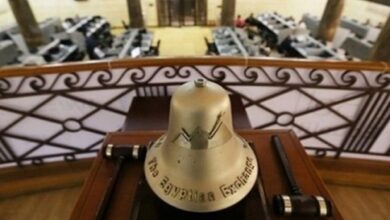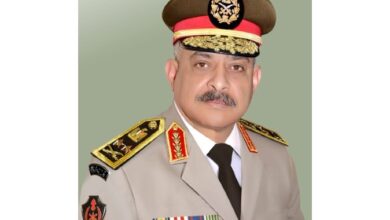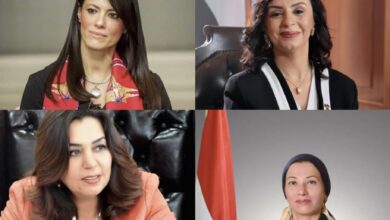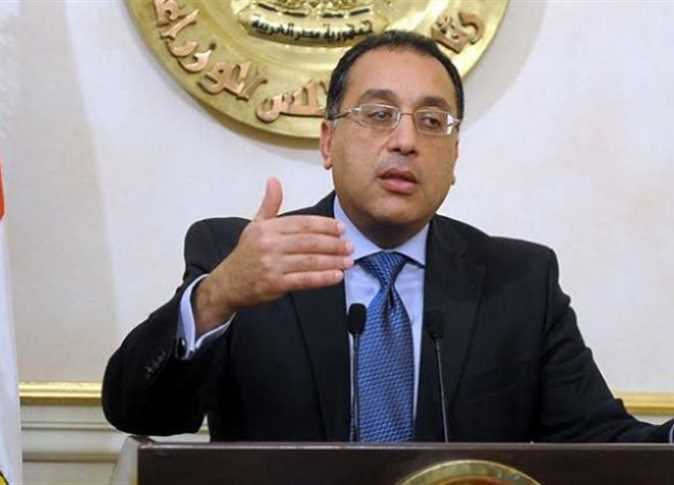Egypt's new cabinet was sworn in Thursday as the ruling army council tries to placate protesters demanding faster reforms and a deeper purge of former President Hosni Mubarak's allies.
More than half of the ministers have been changed, including the foreign, finance and trade ministers, and some of those removed were appointed by Mubarak. Interior Minister Mansour el-Essawy keeps his post.
"This will calm people a little but it is still not enough because … people expected changes in the interior and justice ministries," said Adel Soliman, head of the International Center for Future and Strategic Studies, an Egyptian think tank.
"But it is obvious that the prime minister does not have full authority to change them and he is under pressure."
Most of the new names were decided last week. The swearing-in was delayed after Prime Minister Essam Sharaf suffered a drop in blood pressure Monday as he tried to complete his new ministerial line-up and was sent to hospital.
He left hospital later that day after his condition was declared stable.
The swearing-in was due to take place at midday Thursday but was delayed further as Sharaf finalized appointments to the communications and trade ministries, cabinet sources said.
Mahmoud Eissa was named trade and industry minister and Mohamed Salem took the communications portfolio, both promoted from within their departments.
The new ministers, including Foreign Minister Mohamed Kamel Amr, took the oath of office in the presence of Field Marshal Mohamed Hussein Tantawi, head of the ruling military council, official news agency MENA said.
Protesters camped out in Cairo's Tahrir Square have demanded faster political and economic reform, a swift move to democratic civilian rule and the removal from government of members of deposed Mubarak's now defunct party.
Some welcomed Essawy's decision last week to remove hundreds of police blamed for violence against protesters. Others say he has done too little to end a culture of thuggery and impunity in the police force.
Pressure for civilian life
New Finance Minister Hazem al-Beblawy moved this week to allay speculation that the new administration would shift to a more statist approach. He said the government was committed to a market economy and wanted a predictable investment environment.
The interim government has been under pressure to boost the state's role in the economy to alleviate the suffering of millions of poor who were squeezed by a growing wealth gap under Mubarak and now face the brunt of an economic crisis.
The protests in the capital have increasingly targeted the army council which is accused of delaying Mubarak's trial and being too slow to remove officials from the old administration.
The council, under pressure to announce a timetable for the switch to civilian rule, announced details of planned parliamentary elections Wednesday but said the dates would not be announced before mid- to late-September.
Mubarak, who has been in hospital in the Red Sea resort of Sharm el-Sheikh since April, is due to go on trial on 3 August.
Regular reports of continued health problems have led to speculation that he might never face trial and heightened suspicions the army want to avoid a public humiliation for the decorated former air force officer.




